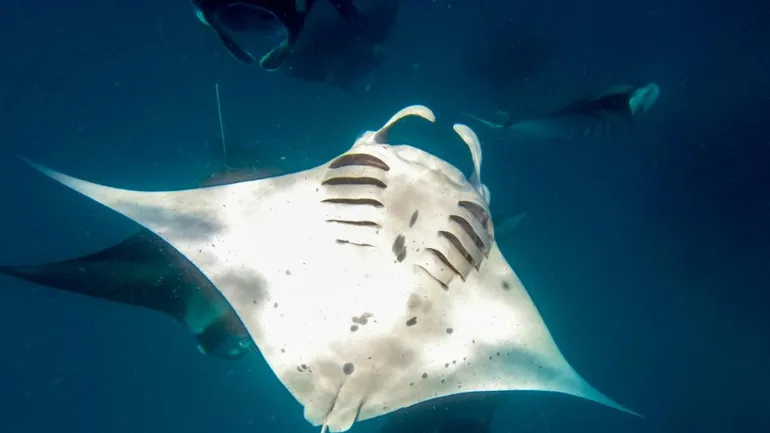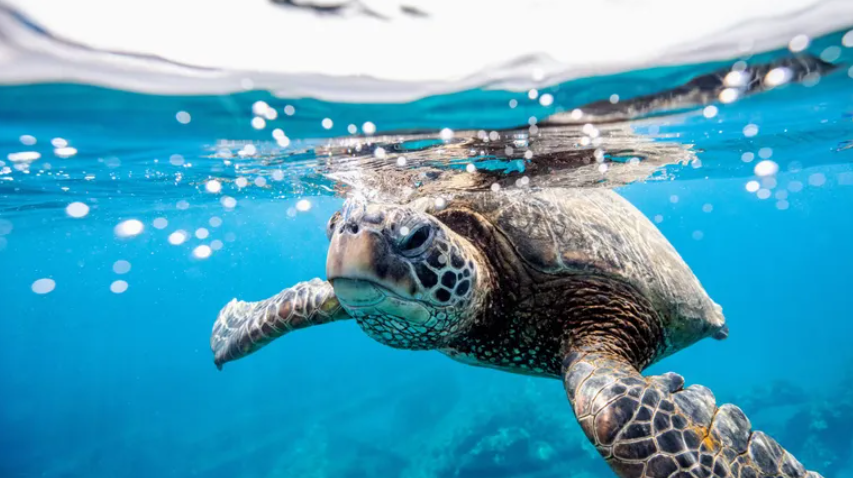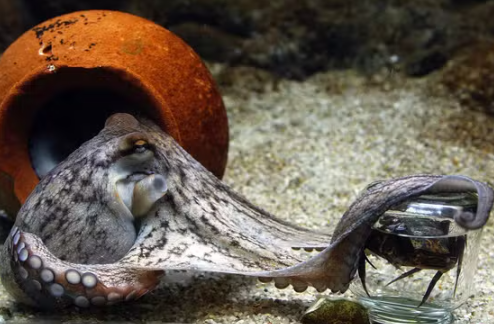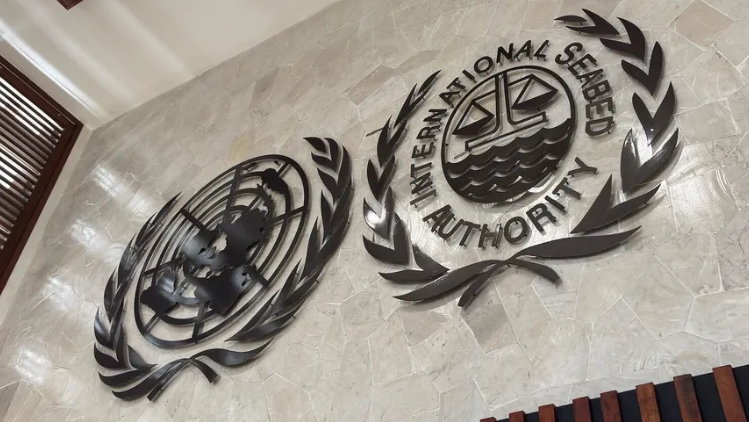Scientists have highlighted the value of very large marine protected areas in encouraging biodiversity, after studying the one established in the Chagos Archipelago in the Indian Ocean, in a study published Thursday. A giant protected area of 640,000 km², one of the largest in the world, was established in 2010 in this region, currently under British sovereignty but whose control is to be returned to Mauritius in the future. Commercial fishing and mining activities are prohibited there.
The researchers, who published their findings in the Journal of Applied Ecology , tracked the movements of sea turtle species (hawksbill turtles), reef manta rays, and several seabirds. Marine protected areas (MPAs) » are often designed to protect local resources such as coral reefs and associated wildlife , » Alice Trevail, a researcher at the University of Exeter and one of the authors, told AFP.

The usefulness of a more extensive version of these protected areas has been debated by scientists, as some highly mobile species could easily exceed their limits. But » we have also demonstrated their necessity to protect large mobile animals, which have very long movement radiuses , » she emphasized.
Chagos Archipelago
The animals studied in the study thus remained almost exclusively (95%) within the protected area despite their movements related to food, reproduction, or their local migration habits. The researchers also modeled the effectiveness of a smaller area of 100,000 km². According to them, 97% of the manta ray crossing points and 94% of those of the turtles would be within the protected area, which would therefore remain effective. In contrast, the figure drops to 59% for seabirds, which travel greater distances.
These conclusions also highlight the importance of these large protected areas in achieving 30% ocean protection by 2030, the objectives of the 2022 COP15 biodiversity conference , the authors note. They point out that protection levels remain uneven, with activities that are » harmful » to biodiversity, such as fishing, remaining authorized in certain areas that are theoretically protected. The researchers also consider the results » particularly relevant » given the upcoming change of sovereignty in the region.
In May, the United Kingdom signed an agreement to return the Chagos Archipelago to Mauritius, while providing for the maintenance of a joint US-British military base on one of the islands in this strategic region.
Source: Rtbf




